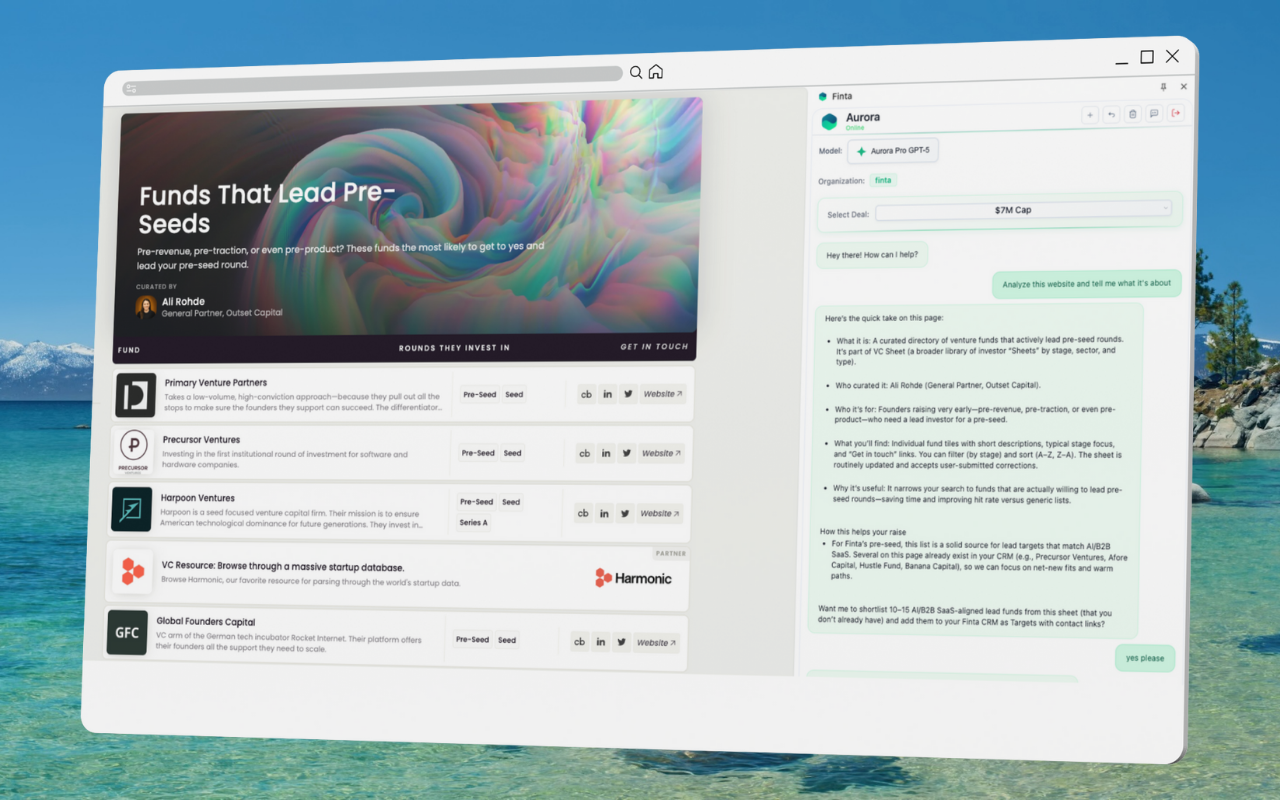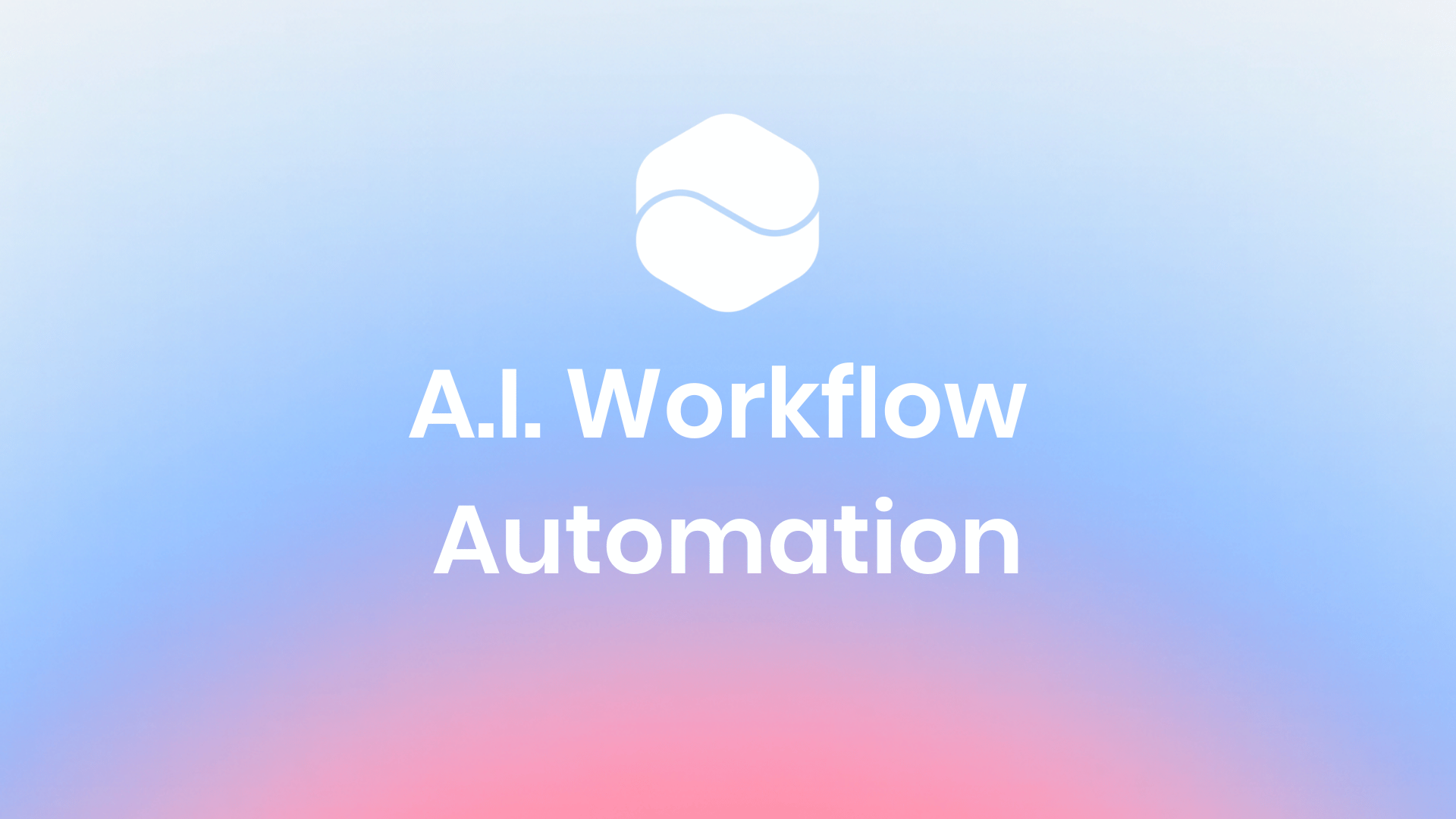The Documents To Include In Your Data Room For Due Diligence

Documents to Include in Your Data Room for Due Diligence
Introduction
When you're in the midst of fundraising, having a well-prepared data room for investor due diligence is crucial. It's not just about impressing potential investors with your company's potential; it’s about transparency, trust, and efficiency. Investors expect thorough documentation that allows them to assess your business inside and out. A disorganized or incomplete data room can slow down the process - or worse, scare off investors entirely.
In this post, we’ll walk you through the essential documents to include in your due diligence data room. Whether you're dealing with venture capital (VC) firms or angel investors, these key documents will help streamline the due diligence process and give your business the best shot at securing the funding it needs.
1. Corporate Documents
Start with the fundamentals - your company's legal and structural documents. Investors want to understand how your company is organized and what legal protections are in place.
Here’s what to include:
- Certificate of Incorporation: This confirms that your company is legally formed.
- Cap Table (Capitalization Table): A detailed breakdown of your company’s equity ownership, including founders, investors, and any outstanding convertible securities.
- Bylaws or Operating Agreement: The rules and governance structure of your company.
- Board Minutes and Resolutions: Records of important decisions made by the company’s leadership.
Why it matters: Investors need to verify that your company is legally structured and compliant with relevant regulations. A clean corporate structure reduces risk in their eyes.
2. Financial Statements
Finances are at the heart of any investment decision. Providing a clear financial picture allows investors to gauge your company’s health and long-term potential.
Include the following:
- Future Facing Financial Projection Model: Use a strong future-facing financial projection model that looks 5 years out. Start backward, considering where your business will be in terms of revenue and team size.
- Profit & Loss Statements (P&L): A breakdown of revenues and expenses over the last two to three years (or since the company’s founding if newer).
- Balance Sheets: A snapshot of your company’s assets, liabilities, and equity.
- Cash Flow Statements: How money is flowing in and out of your business, showing liquidity and operational efficiency.
- Tax Returns: Documentation of your tax filings from the past few years to confirm compliance and financial stability.
Why it matters: Investors want to see that your business is financially sound and well-managed. Solid financials can boost investor confidence and valuation.
3. Key Contracts and Agreements
Investors need to assess the legal obligations your company has with third parties. This includes partnerships, vendor contracts, and any significant ongoing agreements.
Some critical contracts include:
- Customer Contracts: Especially important if you have large or long-term clients that generate significant revenue.
- Vendor and Supplier Agreements: Documentation of your relationships with key suppliers and service providers.
- Loan Agreements and Debt Obligations: Any outstanding debts or lines of credit your company holds.
- Intellectual Property (IP) Agreements: If you've licensed technology or other IP from a third party, investors will want to review those contracts.
Why it matters: These documents clarify any ongoing obligations your company has and show the stability of key business relationships. Investors want to ensure there are no unexpected liabilities hiding in your contracts.
4. Intellectual Property (IP) Portfolio
For many startups, intellectual property is one of the most valuable assets. Whether it’s patents, trademarks, or proprietary software, you’ll need to show that you own or control your critical IP.
Documents to include:
- Patents and Patent Applications: Both granted patents and any pending applications.
- Trademarks: Any logos, brand names, or product names that are legally protected.
- Copyrights: If your company produces any creative content, software, or written materials, be sure to include proof of ownership.
- Licensing Agreements: Documentation of any licensing deals you have with other businesses.
Why it matters: Protecting your IP is essential, especially if it's a core component of your business model. Investors need to know that your competitive advantage is legally protected.
5. Team and Employee Documents
Investors are betting on your team as much as your product. They need to know that your team is stable, properly incentivized, and that any key personnel are locked in for the long haul.
Ensure these documents are included:
- Employee Contracts: Particularly for executives and key personnel.
- Equity Incentive Plans: Stock options or other incentive schemes that align your team’s interests with the company’s success.
- Organizational Chart: A clear structure of your leadership and departments.
- Non-compete and Non-disclosure Agreements (NDAs): Ensure any sensitive company information is legally protected.
Why it matters: A strong, well-incentivized team increases investor confidence. If your leadership or key employees are locked into the company for the long-term, it reduces risk.
6. Product and Technology Information
Your product is at the heart of your business, and investors need to understand what you’ve built and how it works. If you’re a tech company, your data room should include detailed information on your product and technology stack.
Important documents include:
- Product Roadmap: A timeline of your product’s development, including upcoming features or improvements.
- Technical Architecture: How your software or product is built, including major components, frameworks, and platforms.
- Demo Videos or Live Product Demos: Offering an easy way for investors to understand your product’s functionality.
- Source Code or Code Repositories (Optional): Only share if necessary and under strict confidentiality, as this can be a sensitive asset.
Why it matters: Investors want to understand your technology and see that it's both functional and scalable. Having a clear product roadmap also gives them confidence in your company’s future potential.
7. Market and Competitive Analysis
Investors need to know how your business fits into the larger market and how it stacks up against competitors. A well-researched market analysis can demonstrate the size of your opportunity and your strategy for capturing market share.
Include these documents:
- Market Research Reports: Any internal or third-party reports that detail market size, growth trends, and key players.
- Competitor Analysis: A breakdown of how your product compares to others in the market, highlighting your unique selling points (USPs).
- Go-to-Market (GTM) Strategy: A clear plan for how you intend to grow, reach customers, and scale.
Why it matters: Investors want to ensure you understand your market deeply. This helps them gauge the potential size of the opportunity and whether your company has a viable path to capturing value.
Common Pitfalls to Avoid in Your Data Room
- Incomplete or Missing Documents: Investors expect a full picture, and missing documents can raise red flags.
- Unorganized Data: A disorganized data room wastes investor time and can signal operational inefficiency.
- Outdated Information: Keep your documents current, particularly financials and product roadmaps.
- Unsecured Data: Always ensure your data room is secure, using strong encryption and access controls to protect sensitive information.
Wrapping It All Up
A well-prepared data room can make or break your fundraising process. By ensuring that all the critical documents are included, organized, and up to date, you give investors confidence and save valuable time during due diligence. Remember, platforms like Finta can help streamline this process, making it easy to manage your investor communications, share documents securely, and track engagement.
Ready to simplify your fundraising journey? Finta is here to help with an all-in-one solution designed to make the due diligence process as smooth as possible. Whether you’re a first-time founder or a seasoned entrepreneur, having a solid data room will set you up for success.






